OUR VALUES
Ambition
HEIP is for people who want to play an active role in the major transformations of their generation. Ambition is cultivated as a personal and collective requirement: the ambition to understand, to act and to contribute to a more enlightened future. Our students develop a long-term vision, for themselves and for society, and are encouraged to embark with determination on committed and impactful career paths.
Boldness
At the heart of our teaching approach, boldness translates into a constant willingness to question, innovate and go beyond established frameworks. Interdisciplinarity structures the curriculum, inviting students to combine their knowledge of Political Science, Economics, Geopolitics, Sociology and History to analyse the issues at stake in all their complexity. At HEIP, we learn to take intellectual risks, to stand up for new ideas, and to assert ourselves rigorously in changing environments.
Multiculturalism
HEIP values the diversity of backgrounds, cultures and perspectives as a fundamental asset. The school offers a highly collaborative teaching approach in which the plurality of viewpoints feeds collective reflection. Through academic and professional experience in international contexts, students learn to cooperate across cultural boundaries, to listen, to adapt and to build together.
HEIP: Think, Debate and Act.
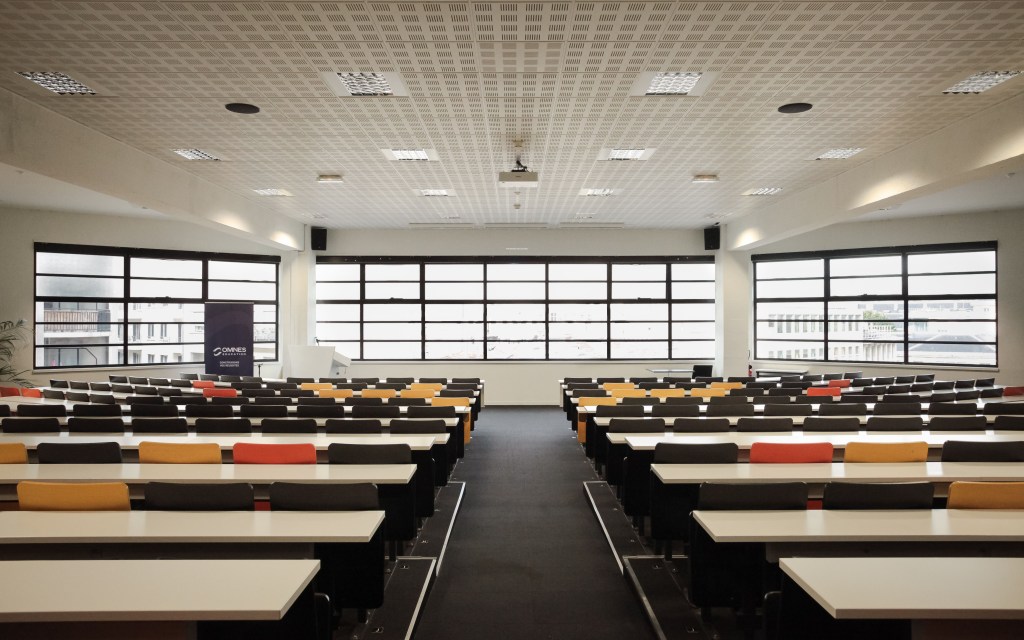
125
Years of History
1500
Students
6
Campuses
225
International Students
50
Academic Partnerships Worldwide
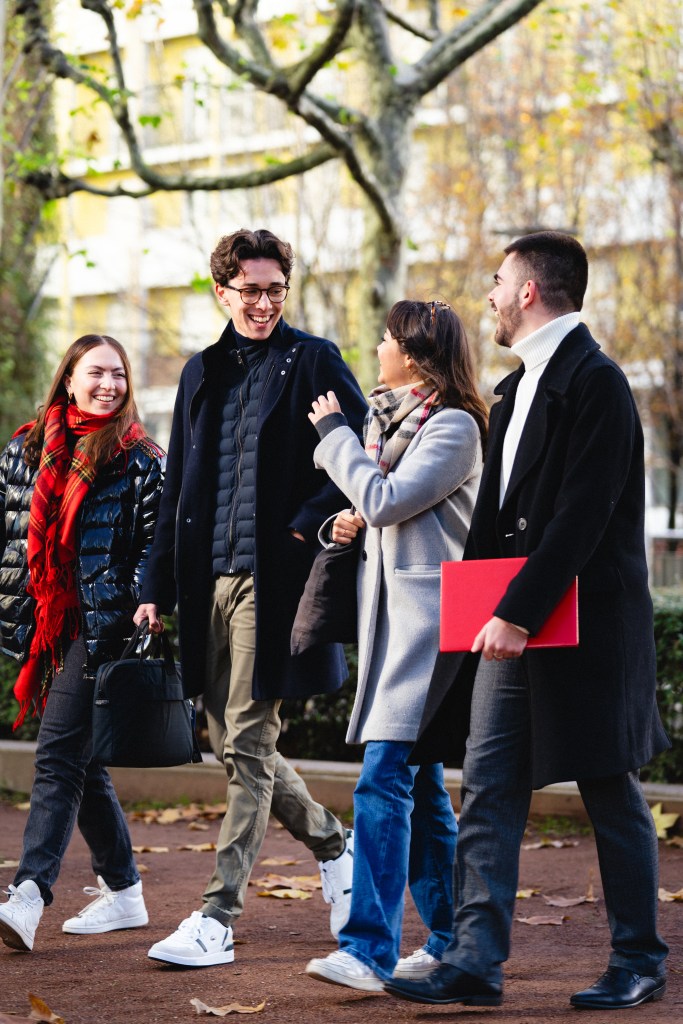
OUR MISSION
To educate free and committed individuals who are able to analyse the world with discipline, to debate with intelligence and to act with discernment.
HEIP trains professionals to :
Act upon the world
HEIP is for people who are not content to simply follow the world as it evolves, but who want to become players in it.
Our school trains committed, strategic and curious minds, driven by the desire to understand the major transformations of our time and to respond to them with accuracy and ambition.
HEIP prepares its students to meet the political, economic and social challenges of today and tomorrow through demanding, multidisciplinary courses rooted in contemporary realities.
Here, we support those who want to give meaning to their careers, build their future and make an active contribution to that of the world.
Liberate ideas
Since it was founded in the context of the Dreyfus Affair, HEIP has had a heritage of intellectual independence and defence of republican values. This tradition is perpetuated through an educational approach that encourages openness, critical thinking and debate.
At HEIP, ideas circulate, clash and are constructed. We learn to structure our thinking, to break out of rigid ideological frameworks, to question our certainties and to grasp the complexity of the world.
The diversity of our lecturers enables students to compare different points of view and develop a nuanced understanding of the issues at stake.
Prepare for the real world
From the very start, HEIP has stood out for its innovative approach to the social sciences, with a direct link to contemporary issues.
Today, the school still places experimentation at the heart of its teaching: crisis simulations, international negotiations, political advocacy, speech writing, case studies – our students are regularly put in situations to learn how to decide, argue and act.
All HEIP courses combine theory and immersion: internships, work-study programmes, lectures by practitioners, protocol workshops and institutional visits.
In this way, HEIP prepares its graduates to work with rigour and agility in complex environments, where the ability to analyse, convince and adapt is essential.
Our History
The Origins
The history of HEIP began in 1899, at a pivotal moment in French history.
A bold woman, Jeanne Weill, better known by her pseudonym Dick May, founded the École des Hautes Études Sociales on Rue de la Sorbonne in Paris.
Her dream? To educate young people, particularly future teachers of the Republic, in a new discipline that would revolutionize thought: sociology.
Her goal? To offer a broader, more critical view of the world, encouraging students to think for themselves, far from traditional teaching and the one-sided narratives presented by the media.
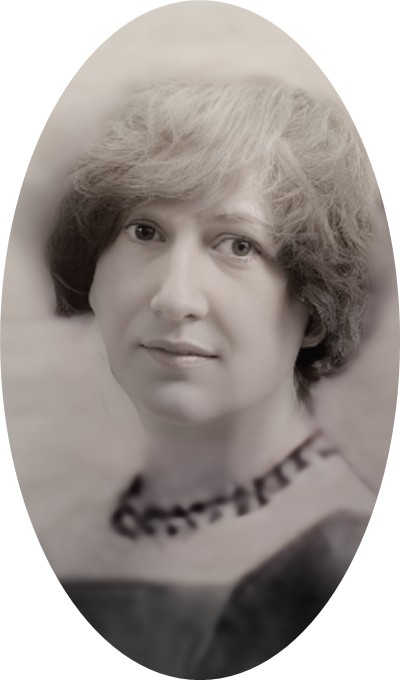
We are in the aftermath of the Dreyfus Affair, a time when the scandal revealed the flaws in the French educational system. At HEIP, the aim was not just to impart knowledge, but to cultivate free minds, capable of questioning established truths: it was about transcending classical education. Renowned intellectuals such as Anatole Leroy-Beaulieu and Georges Sorel, along with professors from the Sorbonne, took on the challenge of rethinking education and preparing future generations for a changing world.
Expansion
Over the years, the school diversified: the School of Morality, the School of Journalism, and even a School of Arts were created.
Gradually, HEIP became a place where the greatest intellectual and political figures of the time crossed paths.
Notable academics such as Émile Durkheim, the founder of modern sociology, Anatole France, the Nobel Prize-winning author, and Paul Deschanel, future President of the Republic, taught here. Léon Bourgeois and Charles Péguy were among the regular attendees. Romain Rolland, the famous author of Jean-Christophe, served as the director of the School of Arts. Gabriel Fauré, Ravel, and Debussy hosted musical evenings. All contributed their genius to the school.
The 20th Century
After World War I, HEIP evolved into the School of International Studies, School of Political Studies, and the School of Journalism.
The institution expanded its focus to address the major issues of the time. The Schools of Morality and the Arts were phased out, but HEIP continued to attract the brightest minds from political and academic circles. Albert Lebrun, Maurice Schumann, Léon Duguit, and many others were part of this educational adventure. The school was now at the heart of intellectual circles in Europe and around the world, at the crossroads of political, social, and economic knowledge.
HEIP Today
HEIP continues to proudly carry this legacy. The institution has continuously renewed itself, evolving while remaining faithful to its original mission: to offer a comprehensive education grounded in the realities of the contemporary world and open its doors to students from all corners of the globe.
International challenges, politics, and social sciences remain at the core of our teaching. Our professors, renowned experts, and international speakers share their knowledge and experience to help our students understand the world around them and shape the world of tomorrow.
As heirs to this long tradition of excellence, we are committed to passing on the spirit of curiosity, freedom, and critical thinking that has been the strength of HEIP since its founding.
Current Professors at HEIP
All our lecturers have a minimum level of qualification equivalent to or higher than that of the courses they teach.
They are either experienced professionals in the target profession, with solid expertise in the field, or teacher-researchers providing an up-to-date and rigorous academic vision.
On request, our Education Department can provide a full list of our lecturers, together with details of their qualifications and professional experience.
Aurélie Tardieu: Assessor Judge at the National Court of Asylum Law, Secretary General of the Francophone Network of International Law, Lecturer at the University of Caen
Florent Stora: Diplomatic Adviser at the Permanent Mission of France to the OECD
Arnaud Benedetti: Editor-in-Chief of Revue Politique et Parlementaire
Dominique de Combles de Nayves: Court of Auditors, Former Ambassador and Chief of Staff at the Ministry of Foreign Affairs, Cooperation, and Defense
General Watin Augouard: Founder of the International Cybersecurity Forum, President of the National Institute for Cybersecurity and Resilience of Territories
Pierre Mourlevat: General Controller of Economic and Financial Affairs
Philippe Guibert: Editor-in-Chief of Médium journal
Gilduin Davy: Associate Professor of Law History, University of Paris X Nanterre
Frédéric Tristram: Lecturer in Economic History, Paris I
Benjamin Morel: Lecturer in Public Law, University of Paris II Panthéon-Assas
Richard Amalvy: General Director of the Brazzaville Foundation
Marine Mathé: Public Affairs Consultant
Morgan Donot: Doctor of Political Science, Associate Researcher at the University of Paris 3 – Sorbonne Nouvelle
Sandrine Simon de Bessac: Founder of the School of Orators, Professor of Eloquence, Law and Political Science, Lawyer, Business Coach, Speaker
Olivier Rouquan: Political Scientist, Speaker, and Associate Researcher
Fabrice Rizzoli: Teacher – Speaker, Project Manager, Political Scientist
Grégory Portais: Professor of Public Law, Administrative Law, Public Administration, Fundamental Freedoms, and Note-Taking, Higher Education, and Pre-Competition Schools for Legal and Administrative Exams
They taught at HEIP
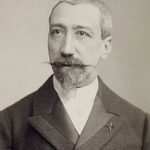
Anatole France
Writer, Nobel Prize for Literature 1921, professor of “Journalistic Writing” at HEIP from 1902 to 1903
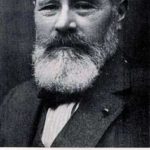
Arthur Fontaine
Drafter of the Treaty of Versailles (1919), First President of the International Labor Organization from 1919 to 1931, professor of “Right to strike” at HEIP from 1900 to 1915
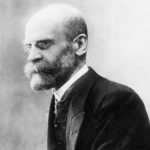
Émile Durkheim
Founding member of modern French sociology, Founding member of the League of Human Rights, professor of “Sociology” at HEIP from 1903 to 1909
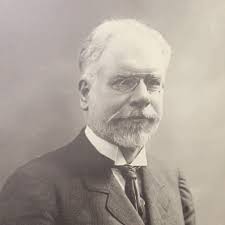
Leon Duguit
French jurist, Founder of the School of Public Service, professor of “Questions of general law” at HEIP from 1907 to 1911
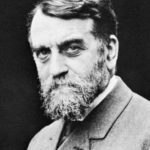
Paul Vidal De La Blache
Founding member of modern geography, Member of the Academy of Moral and Political Sciences, professor of “Geography” at HEIP from 1901 to 1917
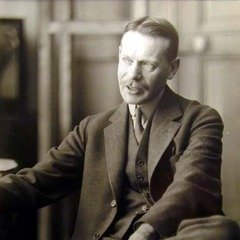
André Siegfried
Founding member of electoral sociology, Member of the French Academy, professor of “Democratic Systems” at HEIP from 1902 to 1905
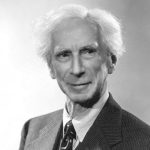
Bertrand Russell
British philosopher, Nobel Prize for Literature in 1950, professor of “Anglo-Saxon political philosophy” at HEIP from 1910 to 1911
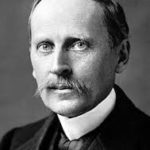
Romain Rolland
Writer, Nobel Prize for Literature in 1915, professor of “Literature and literary and musical criticism” at HEIP from 1902 to 1911
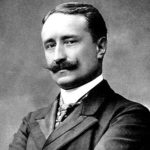
Paul Deschanel
President of the French Republic in 1920, Member of the French Academy from 1899 to 1922, Professor of “Political and International News” at HEIP from 1908 to 1918
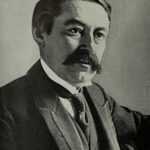
Aristide Briand
President of the Council of Ministers 1909 – 1929, Nobel Peace Prize in 1926, professor of “Social Questions” at HEIP from 1901 to 1902
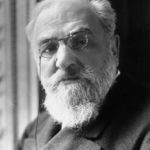
Leon Bourgeois
President of the Senate from 1920 to 1923, Nobel Peace Prize 1920, professor of “Democratic Doctrines” at HEIP from 1901 to 1911
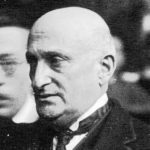
Victor Basch
Co-founder of the Human Rights League, died for France in 1944, professor of “Political and artistic theories” at HEIP from 1903 to 1921

Paul Henri d’Estournelles de Constant
Nobel Peace Prize in 1909

Henri Lafontaine
Nobel Peace Prize in 1913

Ferdinand Buisson
Nobel Peace Prize in 1927

René Cassin
Nobel Peace Prize in 1968
The strength of a group

HEIP is part of the OMNES Education group.
A leading European private higher education operator, OMNES Education is the only group to offer a wide range of lifelong learning programs that cover key areas of Higher Education and Research:
Communication, Creation, Engineering, Management, and Political Science & International Relations.
Each of the schools within the group has its own unique identity:
CEI, Créa Genève, ECE, ESCE, EU Business School, INSEEC, IUM Monaco, Sup Career, IFG Executive Education, HEIP-CEDS, Sup de Création, and Sup de Pub all have strong individual identities, but share common values: a highly qualified faculty and recognized professionals.
Their ambition is to enhance the student experience in order to improve employability. The schools provide our students with a distinctive pedagogical experience, with a clear objective: to develop their employability to the fullest. Regardless of their career paths, graduates of OMNES Education benefit from easy access to employment, not only upon graduation but throughout their professional careers.
The schools are ideally located in Paris, Bordeaux, Lyon, Chambéry, Beaune, Rennes, as well as in London, Monaco, Geneva, Abidjan, Barcelona, Munich, and San Francisco. They are housed in modern facilities equipped with the latest technologies, offering a pleasant and functional study environment designed for optimal learning.



